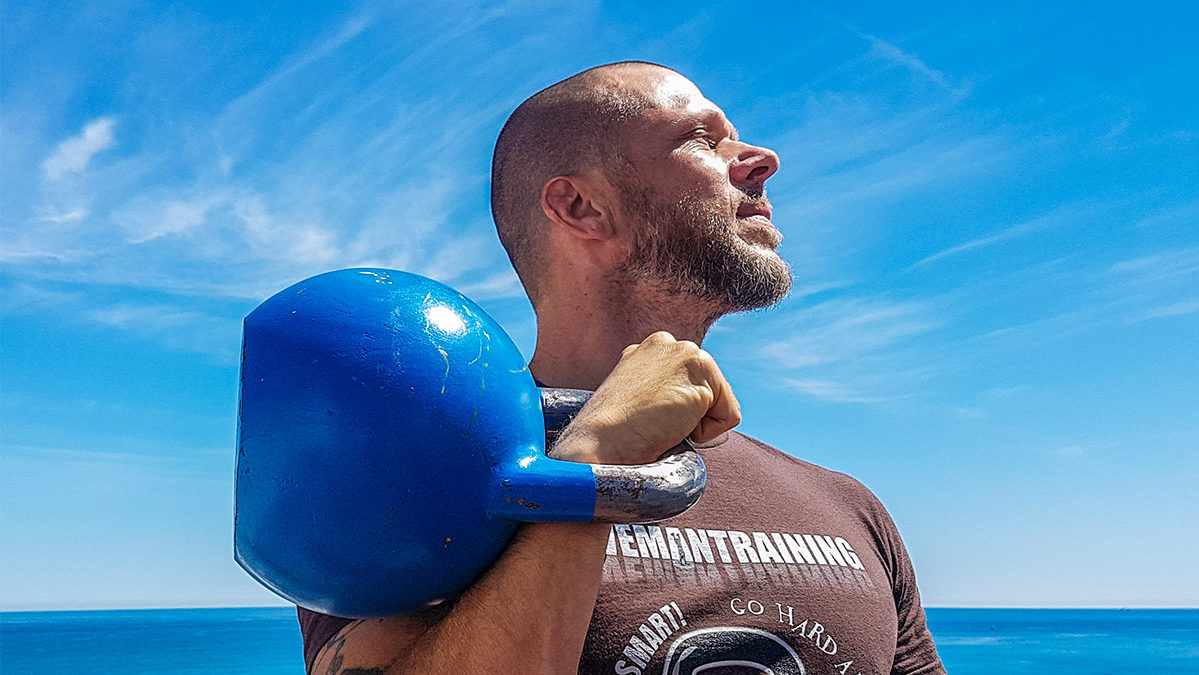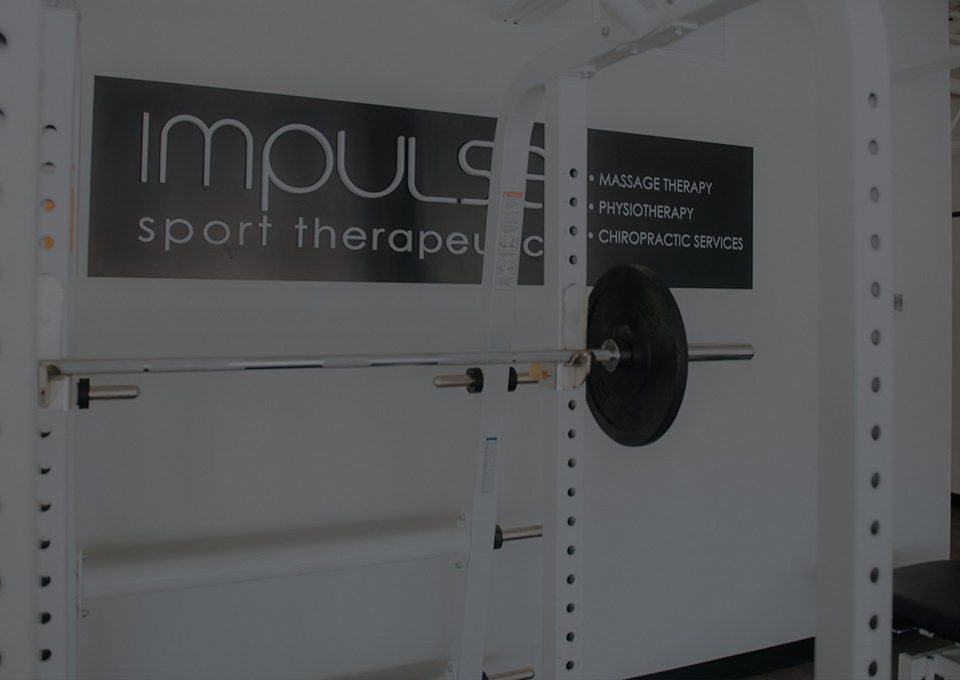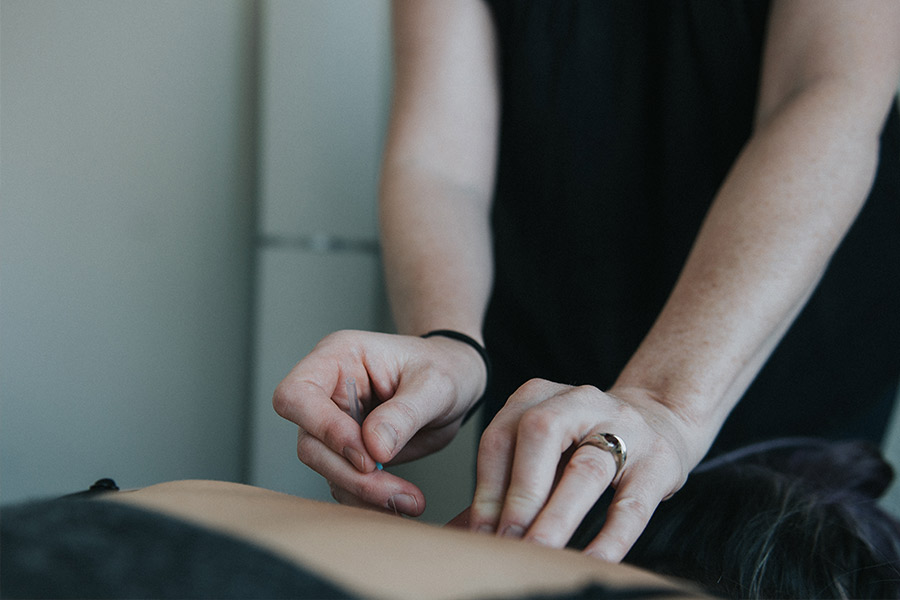Excercise the brain and build mental strength!
We had a chance to pick the brain of another community partner, Stephen from Point 8 Training and Development, for another look into the world of mental health. Stephen builds mental strength primarily in athletes but his services are available and useful for everyone. Learn how to build mental strength!
Q: Tell us about yourself! Who are you, where do you practice, what is your specialty/passion and why do you do what you do?
A: My name is Stephen Raghoobarsingh and my company’s name is Point 8 Training & Development Inc. (formerly known as new Game Plan Enterprises). We have been serving both athletes and non-athletes struggling with mental health issues for the past 18 years. Our main location is in Port Coquitlam with satellite locations in Penticton and Burnaby. Our specialty/passion is using our licensed brand of counselling known as “Mental Strength Training” or MST to help people resolve their personal issues, reach their peak level of performance, or overcome their life’s challenges. Growing up in a caring and supportive family environment taught me to truly appreciate the people in my life and this belief system naturally shaped my career aspiration to become a counsellor. Add to this my lifelong passion and participation in a wide range of athletic pursuits and you’ll begin to understand our company’s dedication to supporting athletes, as well.
Q: What is the difference between your designation and a psychiatrist/psychotherapist/clinical counsellor/life counsellor etc. (whichever one you are not).
A: The main difference between all of these mental health professionals and a psychiatrist is that a psychiatrist possesses medical training. As a result, a psychiatrist can perform medical tests and prescribe medication, when appropriate to do so. As a registered clinical counsellor, I am qualified to provide clinical counselling support to anyone who requires it. However, over the years our company has developed a unique brand of clinical counselling, MST, that has distinguished itself within the clinical counselling field.
Q: Who would you recommend see a mental health professional and how can a patient recognize when it is appropriate to do so?
A: I would recommend that any individual see a mental health professional at any point in their life and without reason. Many of us go to the gym to not just rehab injuries, but to also prevent them. Well, the mind is no different. Our company, Point 8, approaches the brain as if it were a “mental muscle.” This approach encourages people to exercise the brain regularly in order for it to grow and become stronger. In short, people should not only seek out support when they struggle but to also maintain and improve their mental well-being.
Q: What are the most common barriers that stop people from seeing a mental health professional and what are the most successful ways to overcome those barriers?
A: The biggest barrier is the stigma associated with the term “counselling.” There is often a lot of shame associated with seeing a counsellor, preventing many individuals from seeking the help that they need. By us naming our program the “Mental Strength Training” program we have significantly reduced this barrier. Not only have our clients verbalized their open-mindedness to our program in comparison to seeking out traditional counselling, but the term “Mental Strength Training” aligns itself well with other terms such as “Personal Training, Massage Therapy, Physiotherapy,” and so forth.
Q: How strong is the relationship between mental and physical(neuro-musculoskeletal specifically) health and why are they connected?
A: The connection between the mental and the physical is undeniable and the research on the matter is far-reaching. To illustrate this point, simply look at the impact that stress, and how someone manages it, impacts one’s body. Chronic stress can lead to high blood pressure, heart problems, obesity, etc. which undoubtedly will impact neuro-musculoskeletal rehabilitation.
Stephen Discusses “The New Game Plan” on Urban Smith
How To Raise Happy, Healthy and Succesful Kids.
Q: What are some common issues a mental health professional can help within general and in those patients suffering from chronic pain or other injuries?
A: I can only speak from our experience and, over the past 18 years, MST has helped clients struggling with:
- Depression
- Anxiety
- Stress
- Relationship Issues
- Disordered Eating
- Low Self-Esteem
- Anger Management, etc.
With respect to chronic pain and injuries, MST has helped clients deal with:
- The mental roadblocks associated with rehab
- Re-entry into the workplace
- Trauma associated with the trigger event(s)
- Trauma associated with decreased capacity, etc.
Q: What can a patient expect on their first visit?
A: Again, I can only speak from our experience. Our company, Point 8, offers a free discovery session to any individual interested in the program. This discovery session provides clients with the opportunity to ask as many questions as they like and discover how our unique model directly relates to their personal situation without any pressure or commitment to participate in the program.
Q: What are some common tools or methods a mental health professional may use with patients?
A: Our MST program is a licensed counselling framework that blends our “New Game Plan” model of interaction, with EMDR (Eye-Movement De-Sensitization Reprocessing), and Early Recollection analysis. The innovative strategies that derive from this framework are used to help our clients resolve the issues highlighted in the answer to Question #6.
Q: How important is inter-professional collaboration and communication between different health practitioners?Inter-professional collaboration and communication are of vital importance.
A: In fact, I believe an integrated approach is the most effective way to support clients and Point 8 will continue to develop partnerships with therapeutic clinics in order to provide its clients with this type of integrated care.
Q: How can mental health affect athletic/ sports performance and how can a collaboration with a mental health professional help an athlete’s performance?
A: Our MST program is divided into 2 categories: for athletes and for non-athletes. The MST program for athletes helps athletes reach their peak level of performance by using the “mental muscle” approach and by helping them resolve their mental roadblocks. Every athlete who participates in the program, especially those performing at an elite or professional level, learns that “personal performance” and “athletic performance” are intertwined and neglecting one will undoubtedly negatively impact the other. With this approach, we have successfully helped clients to overcome:
- Low confidence
- Inconsistent play
- Performance anxiety
- Burnout
- Injury
- Lack of motivation, etc.
Q: When it comes to chronic pain, what strategies (exercises, websites, resources) are available to patients and professionals?
A: Our strategies are unique to us as part of our licensed framework and are available to anyone interested. Please refer to our website:www.point8td.com.
Q: Are there questionnaires or articles patients can read that can aid in the self-identification of mental health issues and direct them to the appropriate professional (i.e. psychologist, psychiatrist, counsellor)?
A: Many of these resources can be found on the Canadian Mental Health Association website: www.cmha.ca.
Q: Is there a templated communication form that can be used between chiropractors and mental health professionals for referrals, updates, and general communication
A: Yes, we provide templates to any partner clinic requesting it. These templates are tailor-made to meet the specific needs of each clinic.
The Mental Health Series is a collaboration between our West Vancouver Chiropractor team and community partners.
Make An Appointment!
Quick Booking With The Jane App





